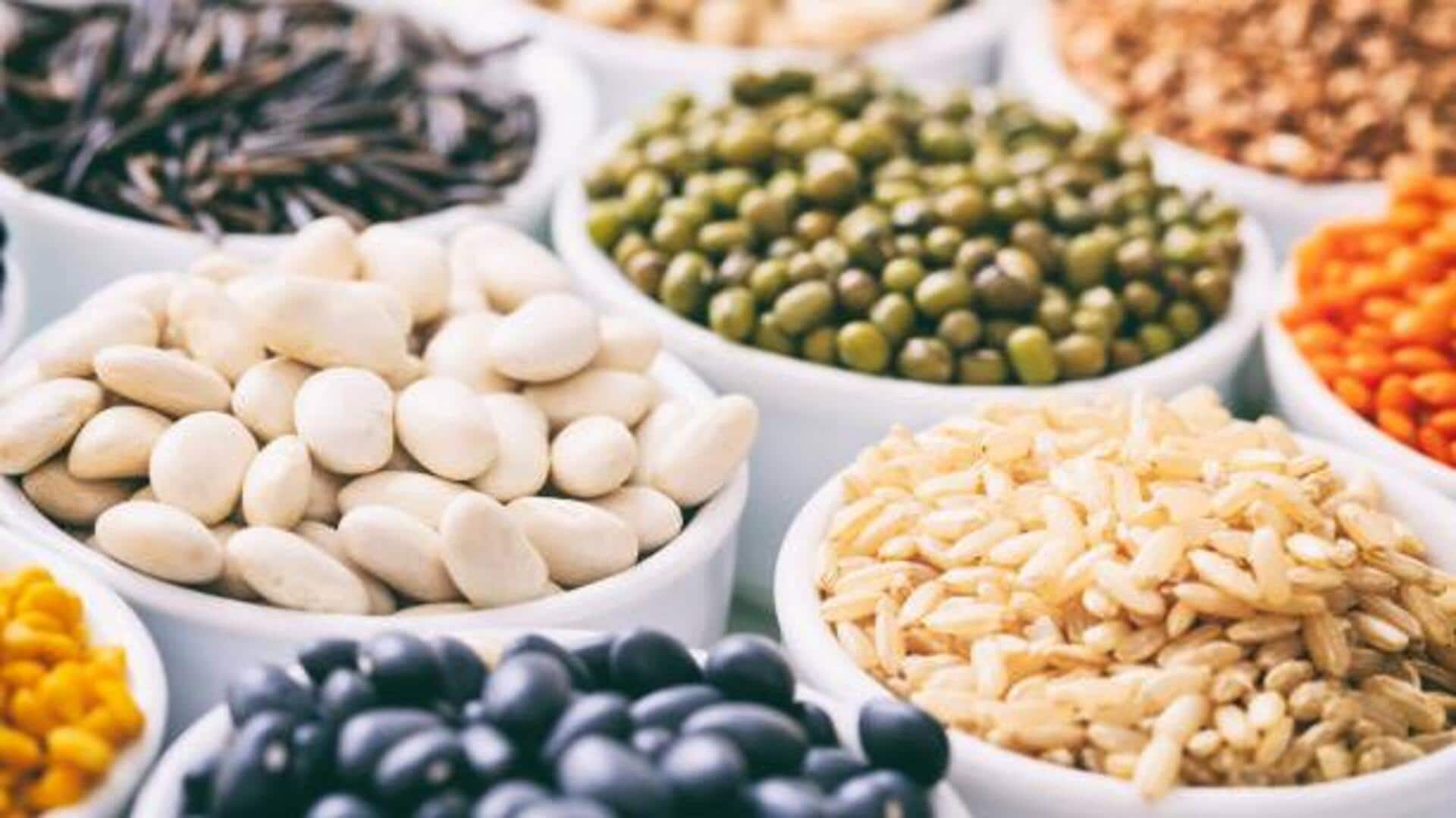
High-protein diets and kidney health: Myths v/s facts
What's the story
High-protein diets have been under scrutiny for their effect on kidney health. Many believe that consuming a lot of protein can damage the kidneys, especially in those with pre-existing conditions. However, the relationship between protein intake and kidney health is not as straightforward as it seems. Here, we debunk some common myths about high-protein diets and their real impact on kidney function.
#1
Myth: High protein damages healthy kidneys
One common myth is that high-protein diets damage healthy kidneys. However, research indicates that for people with normal kidney function, increased protein intake does not harm the kidneys. Studies have shown that while high protein intake can increase the workload on the kidneys, it does not cause any long-term damage or decline in kidney function for healthy individuals.
#2
Myth: Protein causes kidney stones
Another misconception is that high-protein diets lead to kidney stones. While certain proteins can increase uric acid levels, which may contribute to stone formation in some people, this isn't a universal effect. The formation of kidney stones is more closely related to factors such as dehydration and dietary habits rather than solely high protein consumption.
#3
Myth: High protein worsens chronic kidney disease
It's often said that high-protein diets worsen chronic kidney disease (CKD). However, the impact of protein on CKD patients depends on individual circumstances. Some studies suggest that moderate protein restriction may benefit those with advanced stages of CKD, while others indicate that adequate protein intake is essential to prevent malnutrition in these patients.
#4
Myth: All proteins are equal in impact
People often think all sources of protein have the same effect on kidneys. However, the source of protein can make a difference. Plant-based proteins are usually easier on the kidneys than animal-based ones because they come with less purine content and more fiber. Including a variety of protein sources can help you have a balanced diet without compromising on kidney health.
#5
Myth: Supplements are safer than natural proteins
Some think that protein supplements are safer than natural sources like legumes. However, supplements may have additives or preservatives that could affect health negatively if consumed excessively or without proper guidance from healthcare professionals. Natural food sources provide not just proteins but also other nutrients necessary for overall well-being without the risks associated with some supplement products.